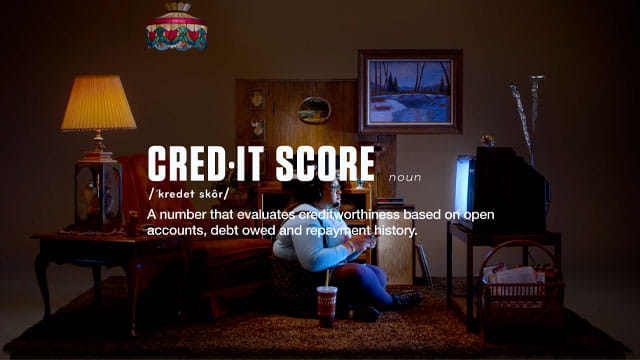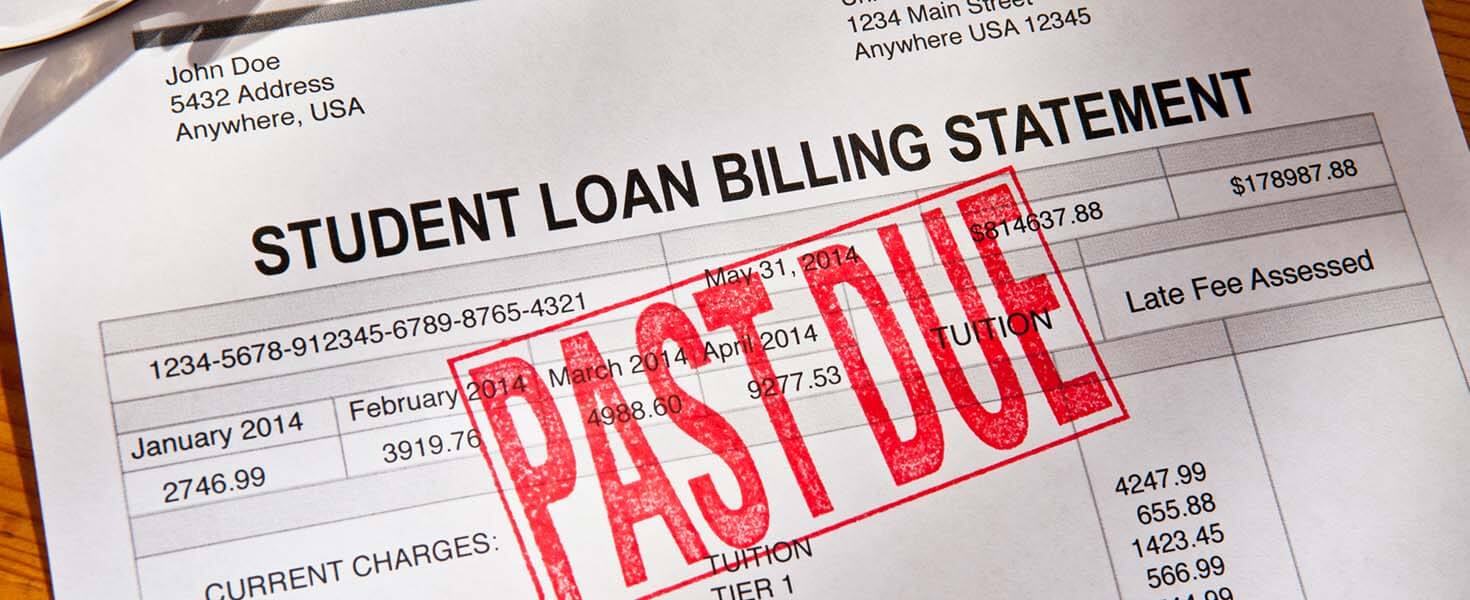Credit scores are essential to building a secure financial future for yourself. But what are they exactly? Well, the technical and more stuffy definition goes a little something like this:
A credit score is a three-digit number generated by a mathematical algorithm composed of data on your credit report. Its purpose is to predict risk and the probability of your becoming delinquent on your credit responsibilities.
So… what’s a credit score again? Well, before we define the jargon within the jargon, let’s try something new. Many times, a comparison can bring a concept to life more than a definition can. So, we’re explaining credit scores with analogies you may know a little more about: baseball and video games. Choose the one that’s right for you:
UNDERSTANDING YOUR CREDIT SCORE THROUGH BASEBALL
UNDERSTANDING YOUR CREDIT SCORE THROUGH GAMING
Wasn't that fun? And now that we’ve grounded ourselves on the general concept of a credit score, here are some specifics to further understand this important financial term.
DIFFERENT CREDIT SCORES
There are many different credit-scoring models. A favorite scoring tool is a FICO score, developed by the Fair Isaac Corporation. According to myFICO.com, 90% of financial institutions use your FICO score for all of their credit decision-making.
HOW IS YOUR CREDIT SCORE CALCULATED?
Five categories go into calculating your FICO credit score, and each factor is weighted differently:
- Payment history
This is the most critical factor when determining your credit score. It’s crucial that you pay all of your bills on time every time. Any late or delinquent payments could negatively impact your score. This factor accounts for 35% of your score. - Credit utilization
The second most important factor is your balance-to-limit ratio. You never want to use more than 30% of your credit limit at a time. Ideally, you should pay your credit balances off every month. You can determine your credit utilization rate by adding up all your credit balances and dividing by your total credit limit. Credit utilization makes up 30% of your total credit score. - Credit history
This factor is calculated by the length and variety of your accounts. Different accounts may include your mortgage, personal loans, credit cards, and more. This factor is 15% of your score. - Recent activity
Any credit application in the last 3 to 6 months, new inquiries, and whether you are taking on more debt or paying it off, go into calculating your recent activity. This factor is 10% of your score. - Capacity
This factor is your overall capacity including outstanding installment debt. This factor accounts for the remaining 10% of your score.
WHAT ACTIONS MIGHT IMPACT YOUR CREDIT SCORE?
A common concern is how specific actions will directly impact your credit score. For example, will closing a credit card increase your credit score? This may seem simple to answer, but actions may impact credit criteria in different ways. So, understand that the data provided on your credit report and any changes to that data could affect your score.

By closing an account, you lower your revolving credit accounts, which may improve your credit score. However, you’re also decreasing your amount of credit availability, which may lower your score. So it may be impossible to predict how one action can affect your credit score.
HOW CAN YOU ACCESS CREDIT SCORES?
You’re eligible for a free copy of your credit report from all major credit bureaus every 12 months on AnnualCreditReport.com or by calling 1-877-322-8228.
The number one complaint received by the Consumer Financial Protection Bureau is incorrect data on credit reports. This is why you should review your credit report once a year to ensure all data is accurate. Any error on your credit report could drastically impact your score.
If you do spot an error on your credit report, you’ll need to contact all three credit bureaus and the institution that was responsible for the claim.
You can file complaints using the following sites:
- Experian: www.Experian.com/dispute
- Transunion: www.dispute.transunion.com
- Equifax: www.equifax.com/personal/disputes
Once you have completed a submission, reach out to your lender or the organization who provided the misinformation on your credit report. Explain that you’ve contacted all credit bureaus and be sure to give them copies of the documentation you sent.
Take the time to review your credit report to determine areas that may need improvement. Remember, the higher your credit score, the lower your interest rates will be. Having a good credit score will help you save money and improve your financial security.
















